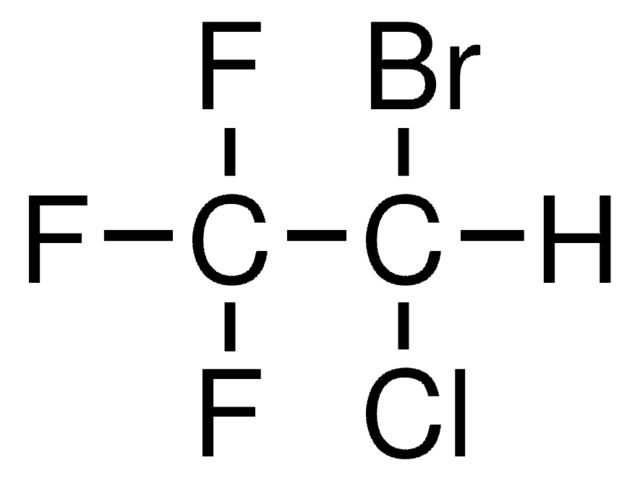K4002
Krebs-Ringer Bicarbonate Buffer
With 1800 mg/L glucose, without calcium chloride and sodium bicarbonate, powder, suitable for cell culture
Synonym(s):
Bicarbonate Buffer Solution, Krebs Buffer, Krebs-Ringer Solution
Sign Into View Organizational & Contract Pricing
All Photos(1)
About This Item
UNSPSC Code:
12161702
NACRES:
NA.75
Recommended Products
Quality Level
form
powder
technique(s)
cell culture | mammalian: suitable
pH
6.1-6.7
solubility
water: 9.5 g/L, clear
storage temp.
2-8°C
General description
Krebs-Ringer Bicarbonate Buffer acts as a salt solution and plays an essential role in tissue culture. A salt solution provides the cells with water and inorganic ions. It also helps in maintaining the osmotic balance and ideal pH in the medium. This bicarbonate buffered isotonic saline contains magnesium, potassium, sodium, and phosphate ions.
Application
Krebs-Ringer Bicarbonate Buffer has been used:
- as a wash buffer for the preparation of mice primary adipocytes and lipolysis assay
- in the pre-perifusion for islet viability and functionality studies
- in pituitary bioassay
Quantity
Formulated to contain 9.5 grams of powder per liter of medium.
Reconstitution
Supplement with 1.26 g/L sodium bicarbonate.
Storage Class
11 - Combustible Solids
wgk_germany
WGK 1
flash_point_f
Not applicable
flash_point_c
Not applicable
Choose from one of the most recent versions:
Already Own This Product?
Find documentation for the products that you have recently purchased in the Document Library.
Customers Also Viewed
Bidisha Dasgupta et al.
European journal of immunology, 38(12), 3499-3507 (2008-11-11)
When leukocytes cross endothelial cells during the inflammatory response, membrane from the recently described lateral border recycling compartment (LBRC) is selectively targeted around diapedesing leukocytes. This "targeted recycling" is critical for leukocyte transendothelial migration. Blocking homophilic PECAM interactions between leukocytes
Guangrui Yang et al.
PloS one, 7(8), e38117-e38117 (2012-08-18)
Compelling evidence from both human and animal studies suggests a physiological link between the circadian rhythm and metabolism but the underlying mechanism is still incompletely understood. We examined the role of PPARγ, a key regulator of energy metabolism, in the
Sandra E Pineda-Sanabria et al.
Journal of molecular and cellular cardiology, 92, 174-184 (2016-02-09)
One approach to improve contraction in the failing heart is the administration of calcium (Ca(2+)) sensitizers. Although it is known that levosimendan and other sensitizers bind to troponin C (cTnC), their in vivo mechanism is not fully understood. Based on
Erika Chelales et al.
Scientific reports, 11(1), 20700-20700 (2021-10-21)
Ethanol provides a rapid, low-cost ablative solution for liver tumors with a small technological footprint but suffers from uncontrolled diffusion in target tissue, limiting treatment precision and accuracy. Incorporating the gel-forming polymer ethyl cellulose to ethanol localizes the distribution. The
Heng Xu et al.
Synapse (New York, N.Y.), 61(3), 166-175 (2006-12-08)
Previous studies established that Tyr-D-Ala-Gly-N-Me-Phe-Gly-ol (DAMGO) and (2S,4aR,6aR,7R,9S,10aS,10bR)-9-(Benzoyloxy)-2-(3-furanyl)dodecahydro-6a,10b-dimethyl-4,10-dioxo-2H-naphtho-[2,1-c]pyran-7-carboxylic acid methyl ester (herkinorin) are fully efficacious mu-agonists. Herkinorin (HERK), unlike DAMGO, does not recruit beta-arrestin and promote mu-receptor internalization, even in cells that over express beta-arrestin. We hypothesized that chronic HERK
Protocols
Powdered media and salt mixtures are extremely hygroscopic and should be protected from atmospheric moisture.
Our team of scientists has experience in all areas of research including Life Science, Material Science, Chemical Synthesis, Chromatography, Analytical and many others.
Contact Technical Service











